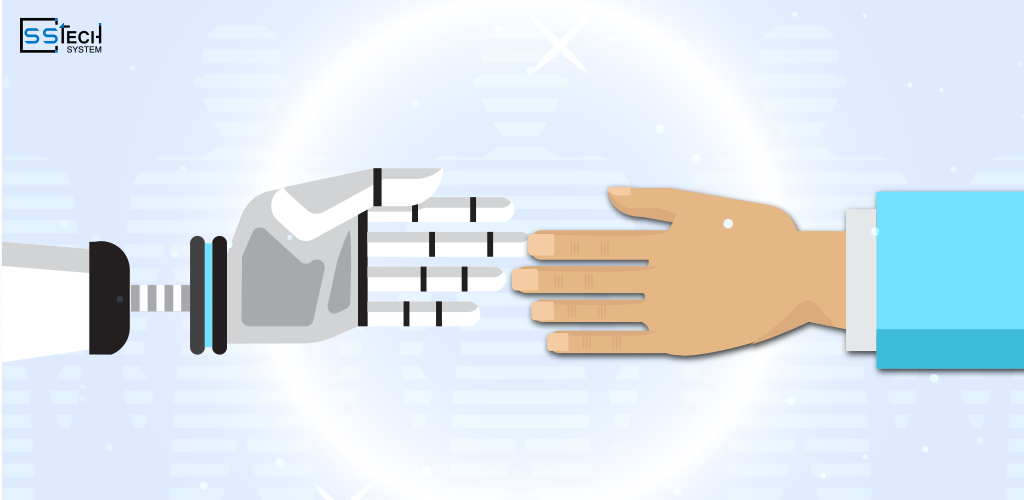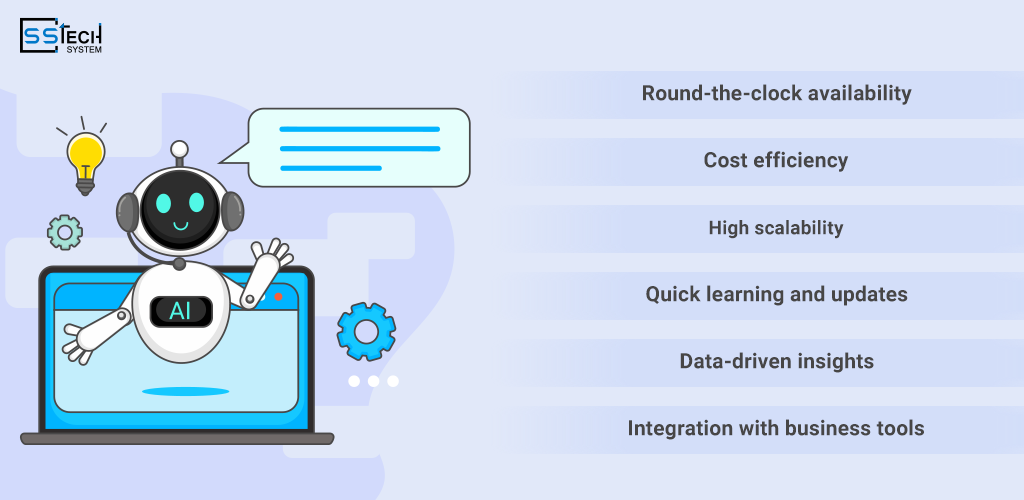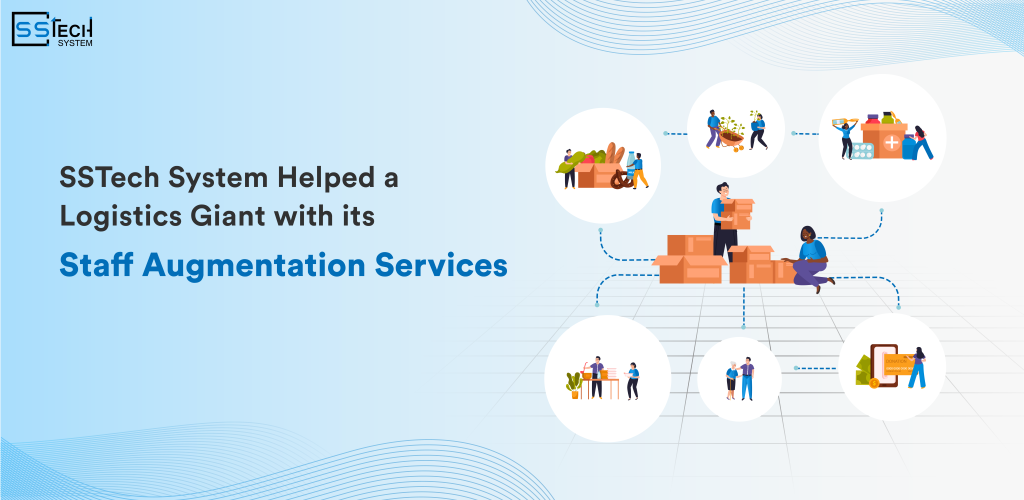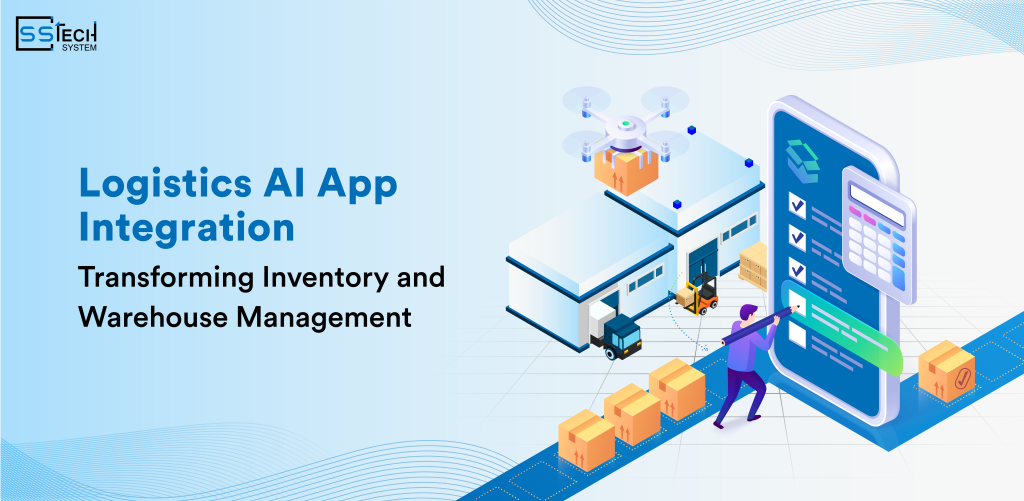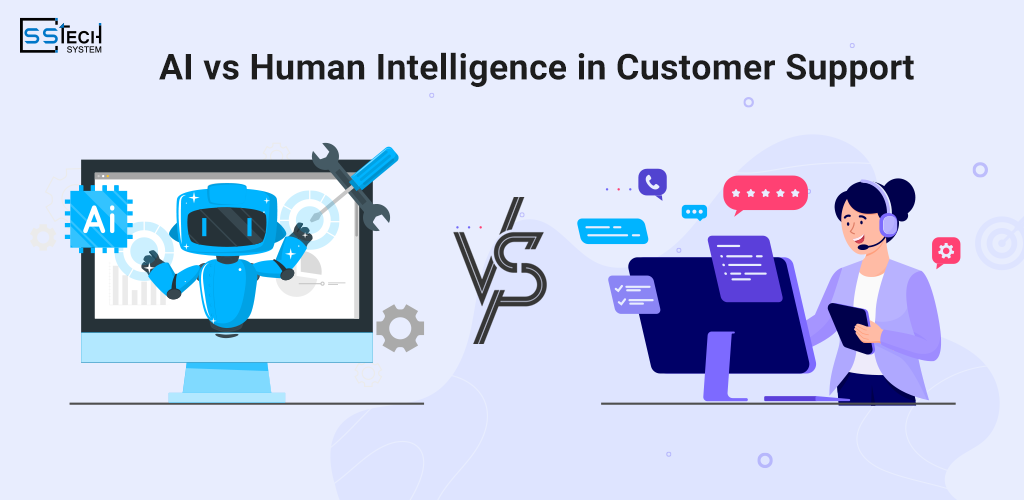
In the modern digital age, AI vs human intelligence in customer support is a hot topic of debate. Organizations operating in the USA, Australia, and the UAE are now incorporating smart technologies to improve customer satisfaction and save expenses. With the advancement of AI chatbot development services, more and more organizations are wondering whether they can be outperformed by artificial intelligence when it comes to the delivery of service.
Analyzing the given choice between AI chatbots and human agents is misleading because there are instances where both are better than the other. Each of them possesses specific benefits and understanding the position that both of them hold in the field of customer service is crucial for the proper design of support tactics.
A McKinsey survey reveals that the use of AI has risen from 72% in early 2024 to 78%, with significant adoption in marketing, sales, and service operations. From AI customer service software to empathetic human support, the landscape is evolving rapidly. In this article, we will discuss the efficiency and the lack thereof of AI as a form of customer support, what it can do now and what it cannot, and what it may be capable of in the future.
What is AI in customer support?
AI in customer service implies using natural language processing (NLP), machine learning (ML), and automation to support or handle clients’ requests. The advancement in AI technology has enabled the current generation of AI chatbots to handle a high number of requests at the same time, 24/7 in various media that the clients use regularly, including website, mobile applications, and social media platforms.
This is because the use of intelligent AI chatbot solutions assists in cutting down response times, ensures quality support is offered at all times, and leads to its availability round the clock. For instance, the AI chatbot for customer service needs are adopted extensively across the USA and UAE business enterprises to engage effectively with the customers without necessarily being operational during business hours.
The introduction of automation with AI, companies has had a new way of supporting their operations. SSTech System offering it specialized AI development services offers AI Customer Support solutions which enhance the high quality, promptness, effectiveness and efficiency of an organization’s customer support with reduced expenses.
Difference between AI vs human intelligence
The main issue of the AI vs human Intelligence issue boils down to understanding the strengths and weaknesses of each side’s abilities. Human intelligence encompasses sentimental, inventive, perceptive and contextual intelligence. On the other hand, artificial intelligence vs human brain comparisons show that AI excels in data processing, pattern recognition, and multitasking but lacks emotional depth.
While a human customer service can understand the tones and sentiments of the callers, AI operates based on some fixed parameters only. This places AI in a better position to handle structured queries than it does in emotionally driven or complicated situations.
AI software for business is effective and blends well with the organization’s processes, but lacks the flexibility and capacity of the human mind. It is this significant difference that has led to the adoption of AI and human hybrid support by SSTech System which combines the two.
AI vs. human intelligence in customer support: pros & cons
This comparison highlights that both AI vs human intelligence offer unique strengths and drawbacks in customer support. Understanding your business needs helps determine the right balance. Here’s a quick look at the benefits and limitations of each approach.
AI pros:
1. Speed and efficiency
This response means that customers are offered quick assistance from the AI in contrast to regular means of getting help with the products.
2. Scalability
AI systems are capable of handling numerous clients at once, and they do not have a communication delay, which makes them useful when a lot of clients are served.
3. Availability
With AI, businesses can offer 24/7 Support & Maintenance Services, ensuring customers get help anytime, across all time zones.
4. Cost-effective
Over time, AI reduces staffing costs and overheads, significantly lowering the cost of AI customer support for growing enterprises.
5. Consistency
AI provides uniform responses each time while at the same time providing efficient support to all customers regardless of the many queries that may be posted at a particular time.
AI cons:
1. Limited emotional intelligence
It is also deficient in the aspect of empathy hence unable to deal with emotions when addressing customer issues that call for understanding.
2. Scripted responses
Still, it remains seeded with glitches that put it off course and make the application provide routine answers instead of specific and detailed ones, much to the chagrin of customers.
3. Lack of personalization
While AI is able to replicate the kind of personalization, it cannot be flexible to a specific kind of interaction with a customer in a particular moment.
Human intelligence pros:
1. Empathy and emotional understanding
It is easier for human agents to identify the general mood of the customer and communicate with them on a personal level, and this is perhaps why many customers that contact support are rather frustrated or confused.
2. Flexibility
Indeed people are able to reason and develop solutions in their minds in real time when dealing with some extraordinary or complicated service situations.
3. Critical thinking
While the rule-based systems cannot provide individual solutions, human support agents are able to think critically and come up with proper solutions.
Human intelligence cons:
1. Limited availability
They are restricted to business working hours, which limits customer support at certain times depending on the time zone.
2. Higher costs
The cost of human customer support includes recruitment, training, salaries, and retention, making it more expensive than AI alternatives.
3. Inconsistent performance
The performance of humans is not constant because they have factors such as fatigue or stress which makes the service slow in responding or have poor quality at some times.
Advantages of AI in customer support
According to Gartner, 80% of companies use AI to enhance customer experience. AI is transforming customer service by complementing human agents and driving innovation in customer relations.
Round-the-clock availability
Another relevant advantage of using a virtual office environment is that the client can offer its 24/7 support and maintenance services. Anytime, customers from other time zones of the world including the UAE, Australia, can be able to get help without any shift.
Cost efficiency
AI dramatically reduces labor costs. The cost of AI customer support is much lower than that of a big group of dedicated human agents. AI is a doable option for businesses in the USA with an exaggerated operating expense.
High scalability
During the periods of activity bursts or product release, the number of such questions can be in the thousands, which, properly, even the most qualified teams are not able to answer.
Quick learning and updates
One of the advantages of getting the correct AI consulting services is that it is not common for organisations to find themselves stuck with outdated AI chatbots the following is because it is very easy to update the chatbots to suit the new scenarios or products so as not to have to retrain the workers.
Data-driven insights
Programs used to support CRM allow studying customer interactions and providing projections of buyers’ actions which will be useful when creating new products.
Integration with business tools
AI software can be easily integrated with the business supporting CRM, sales and marketing software increasing the efficiency.
Conclusion
So, who serves better in customer support—AI or humans? AI offers speed, scalability, and cost-efficiency, while human agents provide empathy and personalized care. The best choice depends on your needs—combine both for optimal results.
As the question of the future of AI in customer service remains open, companies engage more in the use of artificial intelligence with a human touch. AI and human hybrid support is in the hands of executives from companies such as SSTech System that endeavors to strike a blend between the cold mechanical support of the bot and the warm touch of the human being.
Even though both the modern AI chatbots and call center services are being used in the USA, Australia, and UAE, businesses need to realize that while choosing between them depends on expectations and the type of questions and inquiries. A combination of the two may be important in providing a better customer service experience in the future years.
Frequently Asked Questions
AI relies on software and information, which are good at identifying patterns and routine operations. While machine intelligence is primarily focused on specific data processing and response to it, human intelligence involves feeling, empathy, and abstract thinking for context evaluation.
AI chatbots can simulate human interaction, but they still lack true emotions, critical thinking, and intuition with current technology.
SSTech System’s AI-human hybrid support handles repetitive tasks with AI, letting human agents focus on complex, emotional customer interactions.
AI is now used in 60–70% of global customer service operations, with rising adoption across major U.S. and Australian businesses.
